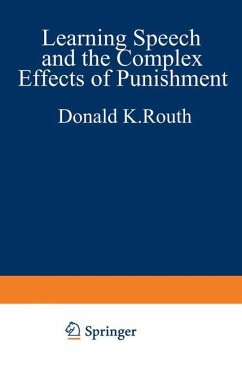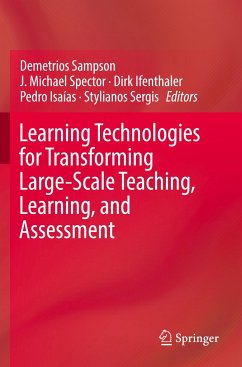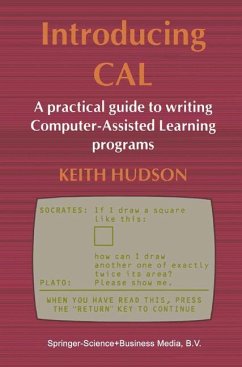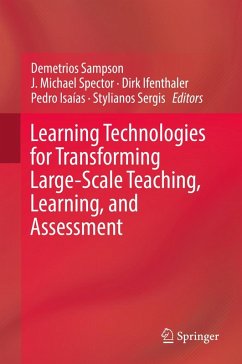
Learning, Speech, and the Complex Effects of Punishment
Essays Honoring George J. Wischner

PAYBACK Punkte
20 °P sammeln!
DONALD K. ROUTH WHAT THIS BOOK IS ABOUT A reader who happens onto this book on the library shelf may find the title a puzzle. Learning is one broad subject. Speech is another. And the "complex effects of punishment" might seem far afield from either. Perhaps, intrigued by this apparent diversity and wanting to discover what common theme underlies it, the reader may begin leafing through the chapters. The first one recounts a series of studies of rats-using learning techniques from the psychology laboratory, to be sure, but applied to the study of behavior genetics, sex differences, and aging. ...
DONALD K. ROUTH WHAT THIS BOOK IS ABOUT A reader who happens onto this book on the library shelf may find the title a puzzle. Learning is one broad subject. Speech is another. And the "complex effects of punishment" might seem far afield from either. Perhaps, intrigued by this apparent diversity and wanting to discover what common theme underlies it, the reader may begin leafing through the chapters. The first one recounts a series of studies of rats-using learning techniques from the psychology laboratory, to be sure, but applied to the study of behavior genetics, sex differences, and aging. The second chapter has to do with young children's discrimination learning. Then, there is a chapter on learning sets. Next, there is a chapter on stuttering. Then the topic shifts back to the study of learning in rats. Then, there is a clinical chapter on punishment effects. Finally, there is a historically oriented essay on Iowa psychology graduates. Surely, by now the puzzled reader wantsan explana tion of why such diversity belongs between the covers of a single book.












